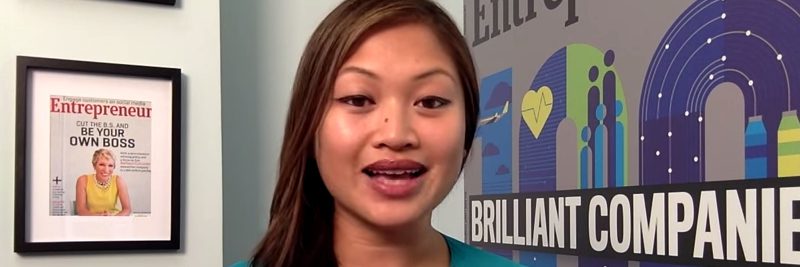With delivery rates of less than 20% on some crowdfunding sites and millions of dollars at stake, it is becoming more important than ever today to be able to spot a scam online. Crowdfunding is a natural congregation point of innovative ideas, but it’s also a place where con artists can take advantage of your desire to help out a great idea. By spotting the scams before you support them, you can hop on board with an idea that is the real deal.
Here’s how you can protect yourself and your cash.
1. There’s No Search Engine Results
If you can’t find a company or person online, then how can you verify their credibility? You can’t. Only support companies or individuals that have a track record for success or a verifiable presence that shows accountability on some level.
2. The Company Was Just Started
A new startup doesn’t necessarily indicate a con artist at work. If there isn’t a physical address for a company, profiles of a management team, or a company website, then you’ve found a Kickstarter campaign you won’t want to support.
3. It’s Too Good To Be True
Even though it goes against the terms of service for many freelance sites, followers and fans can be purchased online for a few bucks and these fake profiles can make it seem like an idea is popular. Look for fan interaction to see if those followers are real or just fake social accounts.
4. There’s No Prototype
Sometimes a good idea deserves monetary support, but a prototype that’s been developed indicates at least some corporate structure. If you can see the prototype in action in some way, then you probably have a legit opportunity.
5. The Project Description Changes Constantly
Some crowdfunding campaigns swap out their descriptions to market to different local demographics. You’ve got to ask yourself, however, what someone is willing to lie about if they’re willing to falsify their location details to make a few extra bucks.
6. The Rewards Just Aren’t Realistic
There are a few stories of someone being able to purchase a Cadillac for $10 or an iPhone for $5, but that is the exception to the rule. You’re not going to get a real Rolex from a street vendor and you won’t get a real MacBook as a reward if you donate $50. You’re going to get cheap knockoff merchandise. Use common sense – if a reward is too good to be true, then it is and you’re being conned.
7. There Isn’t Authentic Communication
Crowdfunding is all about establishing relationships. True campaigners are online every day, answering questions that might come up. The answers should be specific because the goal is to create more awareness. If they are vague, then you’ve likely got a good con going on.
By taking these 7 observations into account as you browse through Kickstarter [or any other crowdfunding platform], you’ll be able to support great ideas that provide innovative products that are actually delivered as promised.
Strong proponent of individual liberty and free speech. My goal is to present information that expands our awareness of crucial issues and exposes the manufactured illusion of freedom that we are sold in America. Question everything because nothing is what it seems.



















